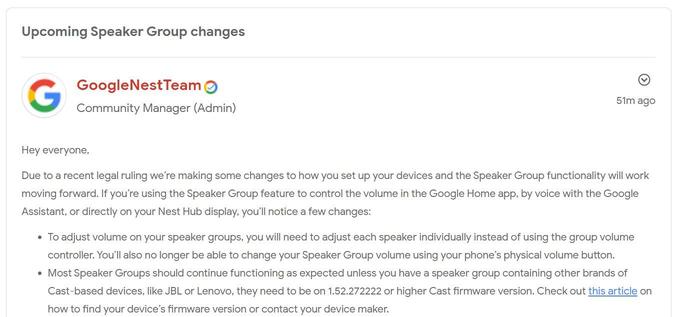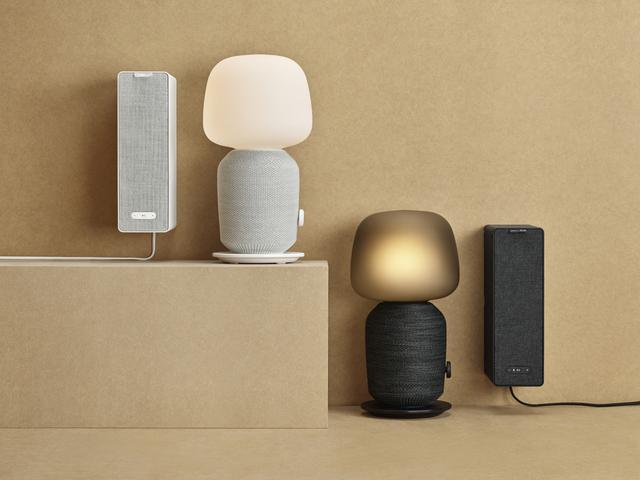"Portable Wi-Fi" Review
25/03/2022

The United States International Trade Commission (ITC), which has jurisdiction over U.S. import control laws, infringed Sonos's audio technology patent in the field of smart speakers on January 6 (US time). I decided that I was there. It is a significant victory for Sonos, who has been proceeding for two years, like David, who confronted the giant Goliath in the Old Testament.
In this decision, the ITC has determined that Google has infringed five Sonos patents. This has issued a "Limited Exclusion Order" banning the import of certain Google audio technologies, controllers, and components.
Not surprisingly, Google has expressed a fighting stance. It plans to challenge it 60 days after the ITC's decision comes into force.
Meanwhile, Sonos has filed two other patent infringement proceedings against Google in federal court, and these decisions have not yet been made. "These two pending trials are important because the ITC is not authorized to grant damages claims," said Peter Tren, a Washington, DC-based intellectual property lawyer.
But Google apparently expected that an ITC hearing could make such a decision. That's because the company told ITC judge Charles Baroque in August 2021 that it plans to make multiple design changes to the product.

In response, Baroque has ruled that such design changes would not infringe Sonos' patents. And shortly after the ITC made the final decision, Google announced some of the changes in its smart speakers.
If Google does not follow the ITC's decision, imports of certain products may be banned altogether. So how do these decisions affect the user experience of the product?
First, Google's changes will be targeted at its own smart speakers and smart display "Google Nest Hub." Google hasn't released a list of all eligible devices yet. For this reason, it is unknown whether other Google products such as the smartphone "Pixel" and the notebook PC "Chromebook" will be affected, and if so, what kind of effect it will have.
The update will be applied "coming soon," according to a Google spokesperson. And at this point, all updates are software-based.
According to Google, the update will remove the ability to adjust the volume of speaker groups at once, and users will have to adjust the volume of each speaker separately. "You will not be able to change the volume of the speaker group with the physical volume button on your smartphone," the company said.
In addition, non-Google smart devices with Chromecast functionality (such as those made by Lenovo and JBL) will have their casting capabilities affected unless the speaker firmware is updated to the latest version.
Some users will not be able to automatically update their smart speaker software. Instead, you'll have to download and install the "Device Utility" app. This is "to ensure that your device is connected to Wi-Fi and receive the latest version of the software," Google explains.